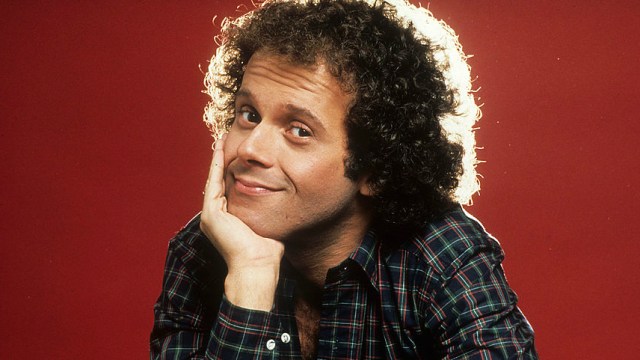For the Aging, Mobile Technology is the Most Freeing

File this one under The Fruits of Technology, especially for the aging.
Older people, 65 and older, are the most likely to reap the emotional benefits of smartphone technology. More than any other age bracket, they consider a smartphone to be “freeing,” rather than “a leash,” according to the Pew Research Center. On the other hand, 18- to 29-year-olds are the most likely to consider smartphones a leash.
The elderly also felt more strongly than any other age group that smartphones are “connecting” devices, as opposed to “distracting.” Again, 18- to 20-year-olds were the most pessimistic: 37 percent considered their phones to be more of a distraction than a device that served to connect them to friends and family.
“For young adults, smartphones are often the device through which they filter both the successes and annoyances of daily life — which could help explain why these users are more likely to report feeling emotions about their phone ranging from happy and grateful to frustrated or angry during a weeklong survey.”

Researchers suggest this is a result of how different ages use their phones differently. Younger generations are more likely to rely on their devices for social networking and viewing media content. Older generations use more basic functions like telephone calling, texting, and email. One reason younger generations may find their phones less satisfying is they serve as a way to actually avoid the people around them, rather than be open to naturally occurring conversation.
The takeaway here is to not presume seniors are “too old” or automatically “uninterested” in emerging technology just because there is a learning curve. As Bill Novelli, CEO of AARP (formerly the American Association of Retired Persons) explains, different generations share the same needs and values, meaning that everyone stands to benefit from technologies that brighten our lives.
Read more at the Pew Research Center.





